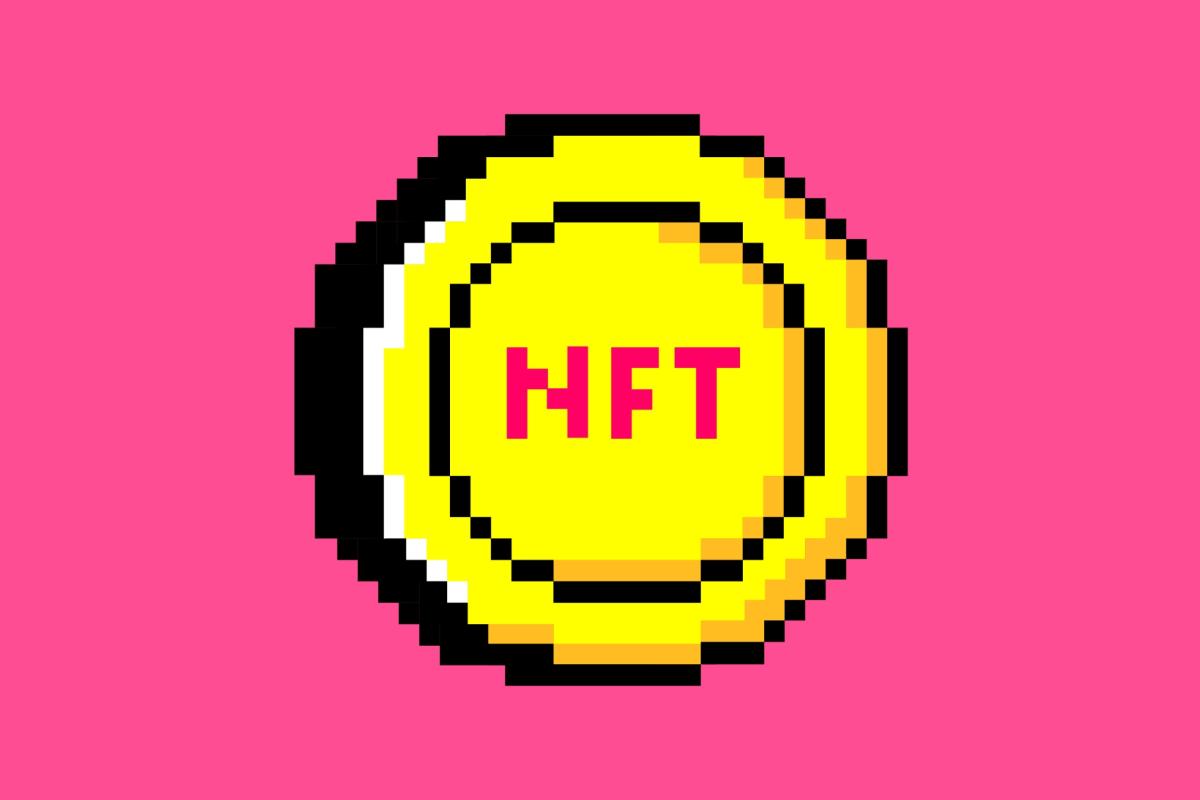NFT Steez and Lukso co-founder investigate the implications of digital self-sovereignty in Web3

Sovereign identity has been a hot topic in blockchain and cryptocurrency, especially with the rise of the creative economy. Currently, there are two types of digital identities. One is unified and centralized where data is under the control of the service provider. Sovereign digital identity is often cited as a human right that can regain agency through the use of blockchain technology, but what frameworks exist to help govern it?

On this episode of NFT Steez met with Marjorie Hernandez, the co-founder of LUKSO and The Dematerialized to discuss the state of blockchain-based identities and “Universal Profiles.” According to Hernandez, in the future “everything will have a digital identity.”
Introduction to the digital realm should be frictionless for superb “universal profiles”
During the interview, Hernandez explained the paradigm shift between centralized platforms to a more “platformless future” and emphasized that users must be in control of their identity and creation on more “agnostic platforms”, where they can own their intellectual property via “Universal Profiles.”
Lukso’s integration of Universal Profiles enables users and creators to reclaim their identity and issue their IP in a symbiotic way between creator and user. According to Hernandez, Universal Profile can be seen as a personal operating system (OS) where one can authenticate oneself, but also send, receive and create assets.
As Hernandez puts it, universal profiles are:
“A swiss army type tool that serves so many purposes for the user.”
Related: Web3 is essential to data sovereignty in the metaverse
Blockchain-based identities in Web3
Understandably, the emphasis on identity in Web3 began to spark again when 2D profile picture (PFP) NFTs began to appear. This wave was designed as a means of representing and identifying oneself, as well as a flex, or expression of ego. For some, their physical and social identities were replaced by their newly adopted digital avatars.
However, Hernandez claims that while some perceive digital as masking one’s true self, she believes that in a “decentralized digital environment” people will be encouraged “to move beyond these predispositions” and express one’s “true real self.”
The foundation of Hernandez’s thesis is that blockchain-based identity is not only verifiable, but gives users 100% control over their data, identity and IP.
When asked by a listener what societies should do to ensure the standards around self-sovereignty and that users are no longer “consumers” but active co-participants in the ecosystem, Hernandez simply suggested:
“I think it’s just being a co-creator, right? And you start building with that.”
To hear more about this discussion, be sure to listen to the full episode of NFT Steez on the new Cointelegraph Podcasts page or on Spotify, Apple Podcasts, Google Podcasts or TuneIn.
























